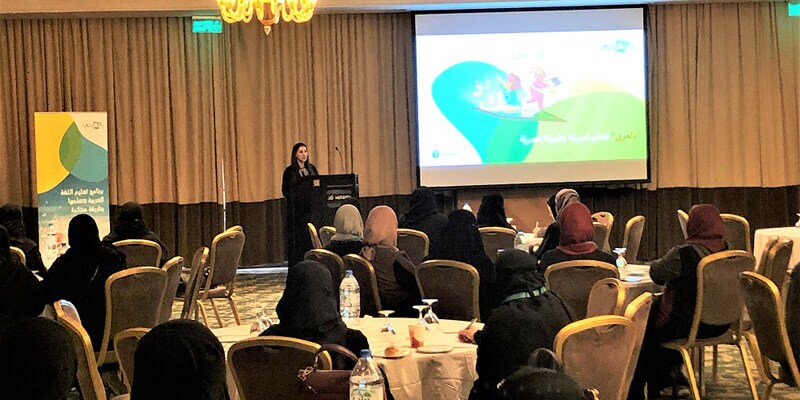Focus on new age critical thinking skills to be the way forward for Higher-Ed Institutes
by
In a recent conference, “Reimagine Teaching to Maximize Student Learning Conference” held at Sultan Qaboos University (SQU) in Oman, Pearson Middle East delivered a keynote session on how focusing on new age critical thinking and problem-solving skills is going to be the way forward for higher education institutes to shape the learners for the future corporate world.
Attended by academics, ed-tech innovators, policymakers and teachers, the conference aimed at fostering partnerships among educational researchers and provided a perfect platform to discuss how innovative classroom practices can lead to institutions reimagine teaching and maximize learning outcomes by developing critical thinking and problem-solving skills in learners.
With automation looming in every industry and 50% of today’s most sought-after jobs predicted to be completely eliminated by 2030-2040, the need of the hour for universities is to focus on the right skillsets needed for preparing the future workforce. As per the findings of the Global Learner Survey 2019 by Pearson, 80% of the students in Middle East feel that academic institutions should do more to teach and inculcate job-oriented skills such as complex problem solving, critical thinking, etc. to enable the students to thrive in the Fourth Industrial Revolution.
Dalia Leil, Head of Product & Services, Higher Education and Career Success, Pearson Middle East shared her insights on the importance of Critical thinking in higher education and highlighted how enabling students or younger generation to think critically is a goal of many professionals in higher education as it is vital not only to students' readiness for college and career but to their civic readiness, as well.
Ahmed Samir, Learning Advisor-Higher Education, Pearson Middle East also engaged the audience with multiple hands-on sessions, discussing the Learning Catalytics platform, a sophisticated classroom assessment system helps students become more actively engaged in learning, developed for Pearson by Eric Mazur, Author & Educator, Harvard University. The tool enables instructors to generate classroom discussion and promote peer-to-peer learning and interaction with real-time analytics.
Samir discussed at length, the significance of Learning Catalytics in present times, which acts as a key tool for collaboration in the classroom, facilitating digital transformation in learning and enhancing critical thinking skills for students.The conference received attendance from more than 300 participants related to the field of education from 17 countries and also witnessed an exhibition of international publishers, learning Catalytics and learning spaces infrastructure.
read more


